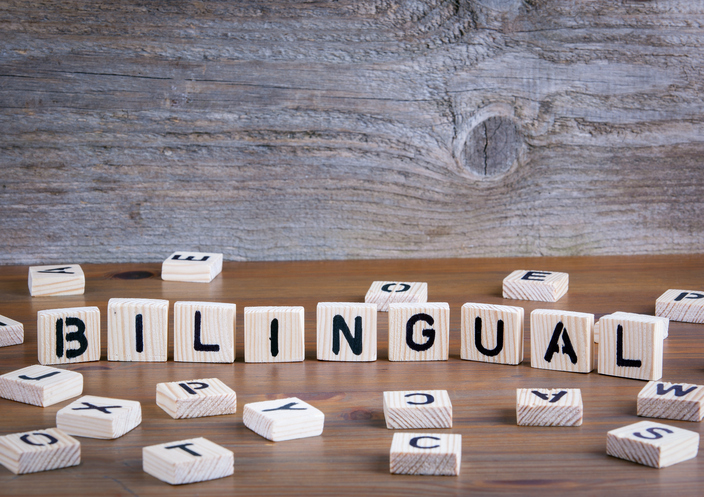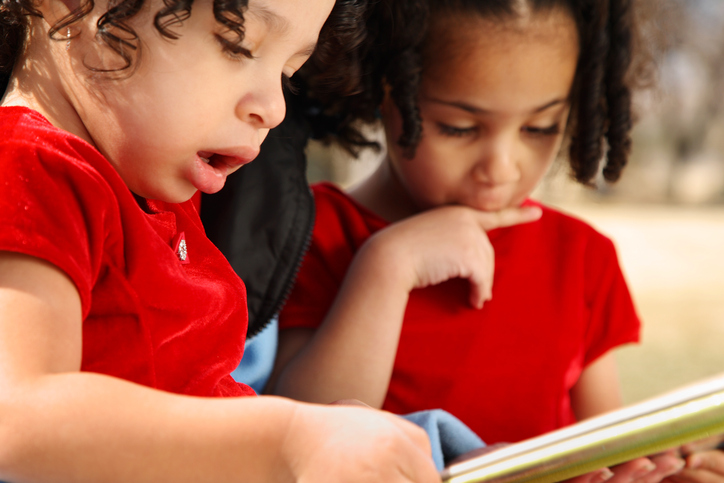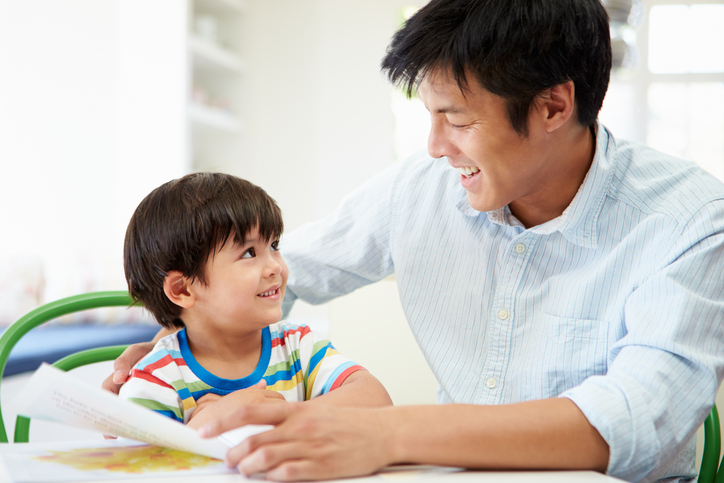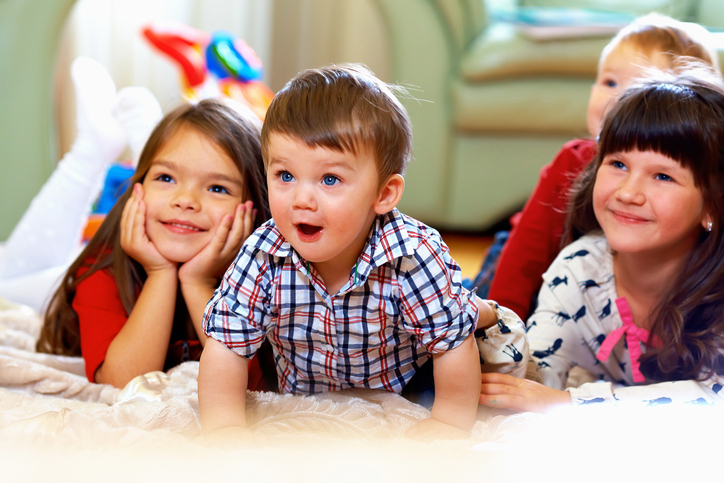Bilingualism is not a new phenomenon. In fact, parents have been raising bilingual kids for years. I’m not going to lie: it’s not easy and doesn’t happen automatically. It takes effort and a lot of patience, but it is worth it. There are many misconceptions about bilingualism, though, especially about raising bilingual kids, and I am sure you will have heard some of them.
You have to be “smart” to become bilingual.
Any child has the possibility to become bilingual if they have enough exposure to the languages in question. Children with learning disabilities and development disorders such as Downs syndrome and autism can also become bilingual.
Language acquisition has nothing to do with being “smart” — it is a natural process like learning any skill in life, be it learning an instrument or a sport. Naturally some children will pick up certain skills more easily, but this doesn’t mean that they are more intelligent.
A bilingual child will have speech delays.
This is probably one of the most common misconceptions. However, it has been proven time and time again that bilingualism and speech delays are not related. All children develop their language skills at different levels, whether they are learning one language or two.
Some bilingual children may take a little longer to become fluent in both languages. However, they are taking in double the amount of vocabulary, so sometimes they just need a little more time to process it all. Even this is not always the case: some bilingual children start talking fluently before their peers and there is no difference at all. It always depends on the child.
It is best to speak one language fluently before learning another.
Quite on the contrary: Children learning two languages at once usually learn more quickly than children who study a foreign language later in life. The best time for a child to learn a language is while they are young — the younger the better. The critical period is from birth up to six years old.
Some parents believe that their kids should wait until they are speaking their first language fluently and are attending school before starting another language. However, waiting only makes it harder for the child. Once they get older, they realize they are learning. When a child is young, learning is simply a natural process: a normal part of life and a lot of fun.
You need to speak the language of instruction when talking to your kids.
This belief is common in expat families: parents think that they need to speak the language of instruction to prepare their children for school, or the kids might fall behind. In those cases where the parents themselves don’t speak the language that well, especially not on a native speaker level, it will be best if they continue talking in their own language to their children, thus building their vocabulary.
Soon enough, the parents’ mother tongue will become the minority language once the children start school. Sure, they may need a little more time catching up with their peers, but most of them will be speaking fluently and have caught up well within the first year of school.
You will become bilingual automatically.
Many parents think that just because each parent speaks a different language when talking to their child, using the OPOL (“one parent one language”) approach, their kid will automatically become bilingual. Or that a child can become fluent in a language with just a few lessons per week. What these parents don’t realize is that it actually takes work to give children enough exposure to a language so they can become proficient.
In the case of bilingual parents, there is usually one language that the child receives less exposure to — the so-called minority language. The parent speaking the minority language will have to work that little bit harder to provide their child with enough language input. For working parents, this can sometimes be quite difficult, and at times, they need to introduce outside resources to compensate.
Watching TV is enough to learn a new language.
Human interaction is the best way to learn a language. Watching TV in a foreign language can help your children once they have a good grasp of the language; otherwise, it will only result in them becoming passive bilinguals. They may understand what is going on in front of them, but without any practice or interaction, they will probably not be able to respond.
Conversation is what actually helps your kids to learn another language. Constant talking, playing, and practicing their language skills is going to give them the best chance of becoming truly proficient.
If the parents don’t speak a second language, there are many other options, such as hiring a babysitter or nanny who speaks the target language, sending their child to a bilingual or international school, or hiring a language tutor. TV will not get your child far.
Bilingual speakers don’t have accents.
Many people believe that “true bilinguals” will not have an accent. Depending on where your kids grow up and where they have learned the language, they may not always have the “perfect accent” in both languages, but can still speak either of them like a native. What is a “perfect” accent anyway?
Raising bilingual kids is both the hardest and the easiest thing that parents can do. It comes with many challenges, but also so many rewards that outweigh all of those challenges. The best thing you can do for your child is to ignore any negative comments that you might hear and keep encouraging them. Bilingualism is not so rare: after all, half the world is bilingual!
Chontelle Bonfiglio is a certified ESL teacher, writer, and the creator of Bilingual Kidspot, an informative website offering practical advice for parents raising bilingual children. You can also follow her on Facebook or Twitter.
(Image credit: iStockphoto)







We are Romanians living in US. Our kids understand both languages, speak perfect English but very little Romanian.
They have always been exposed to both languages but they have no kids who speak Romanian fluently. We, the parents, don’t worth the effort because we can speak English. As a consequence, Romanian is just something we all know. However, they are amazed of their knowledge when trying to speak Romanian.
Really interesting blog. I am English and live in Italy with my Italian husband and 4 year old daughter. I’m trying to encourage her to speak English but it’s harder than it seems. In the end, I give up and revert to Italian. Is it too late for her to become bilingual?
Hi Lindsay,
Thanks for your feedback! As I’m not sure how often our guest authors check the comment section on this blog, may I suggest contacting Chontelle directly via Twitter or Facebook? I’m sure she’ll be happy to hear from you!
Best regards,
Margit